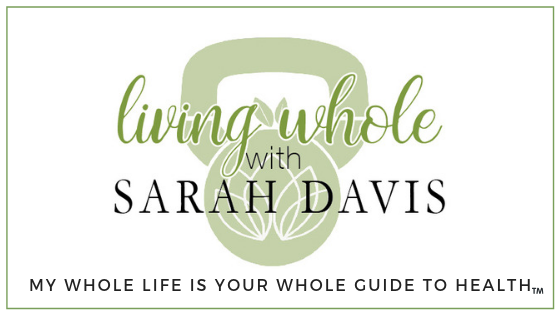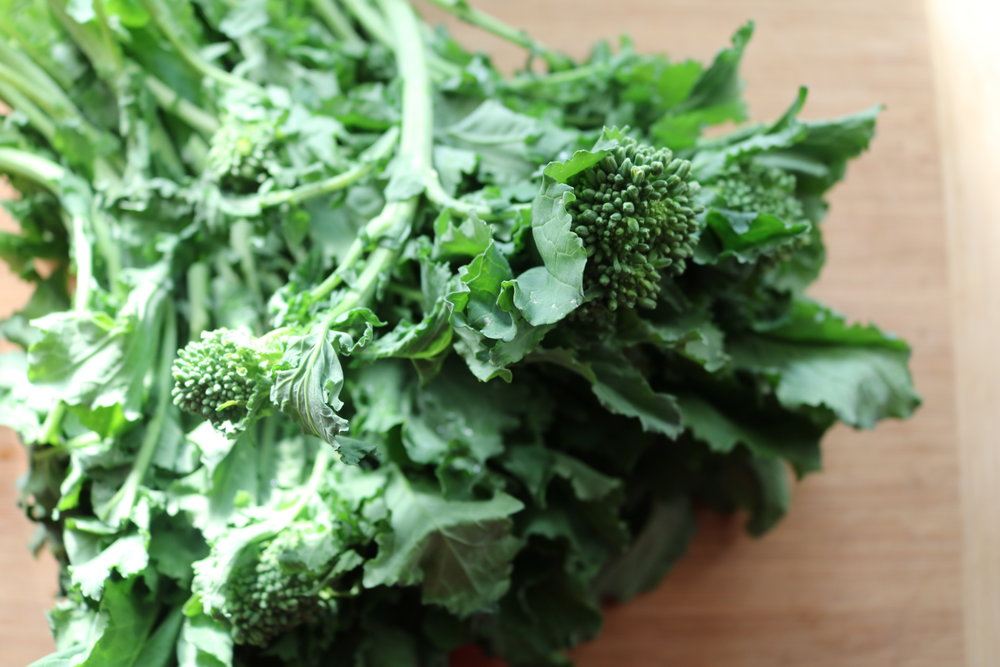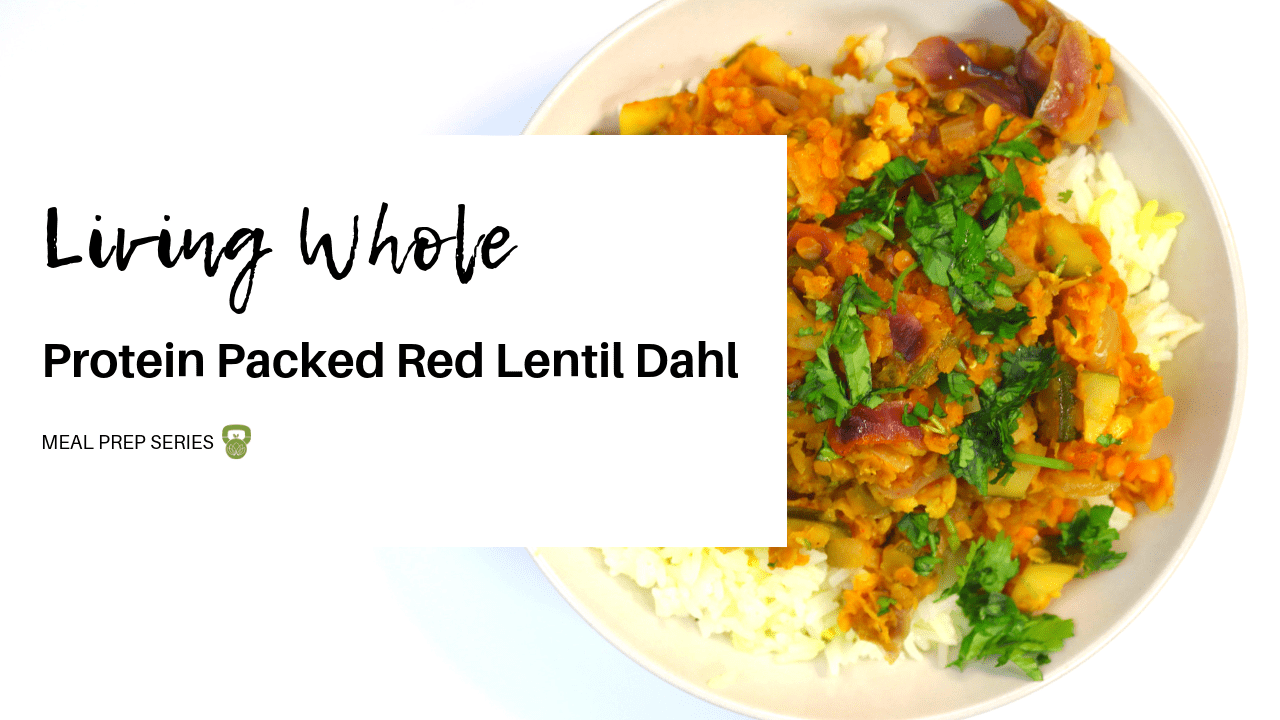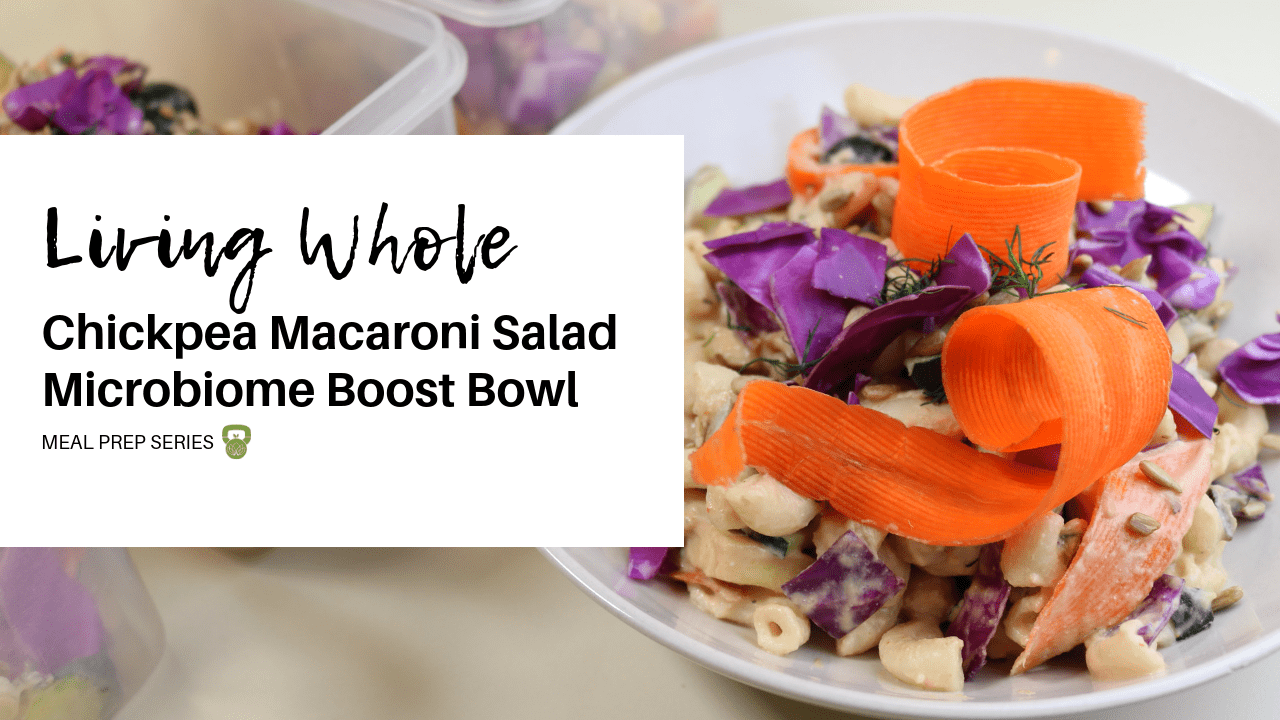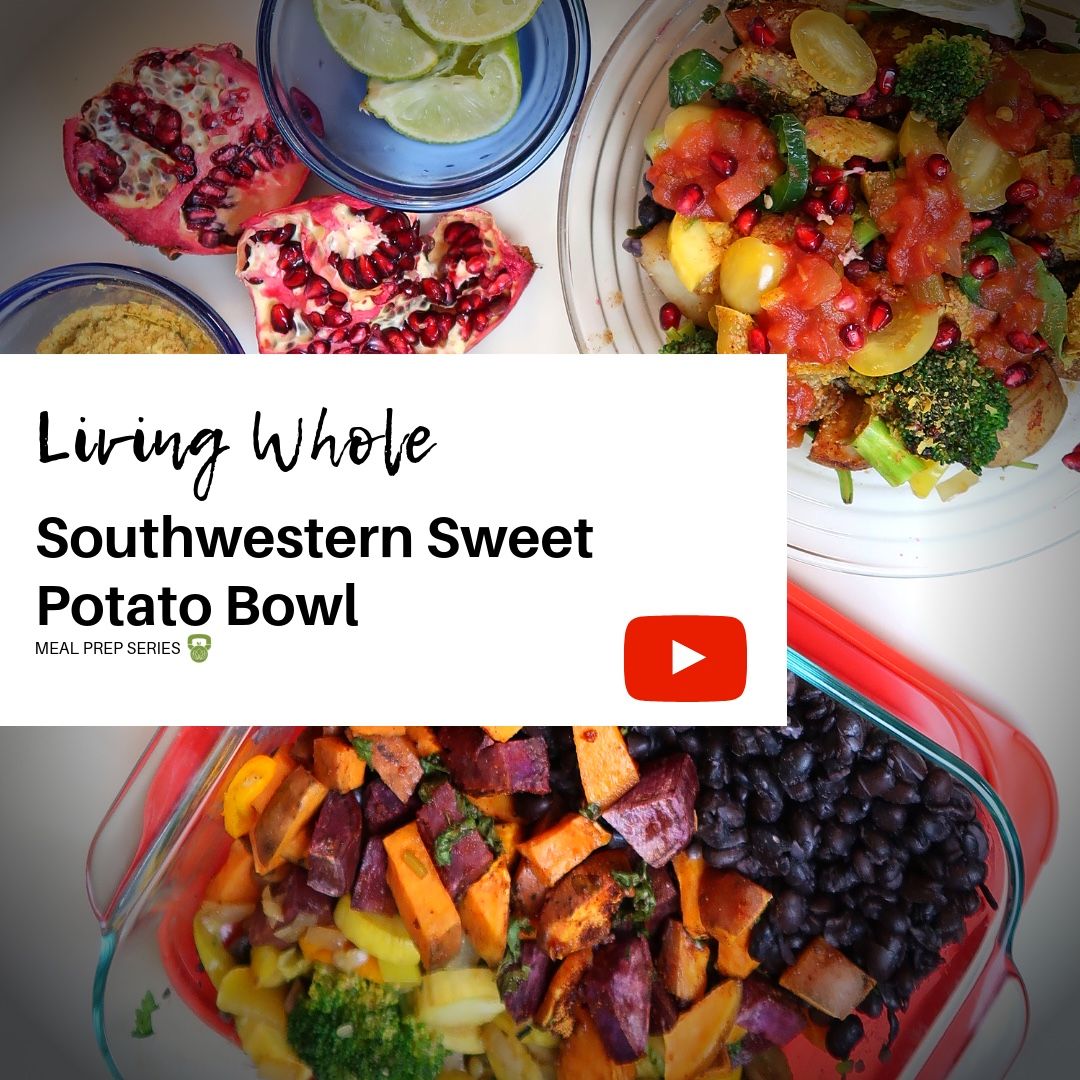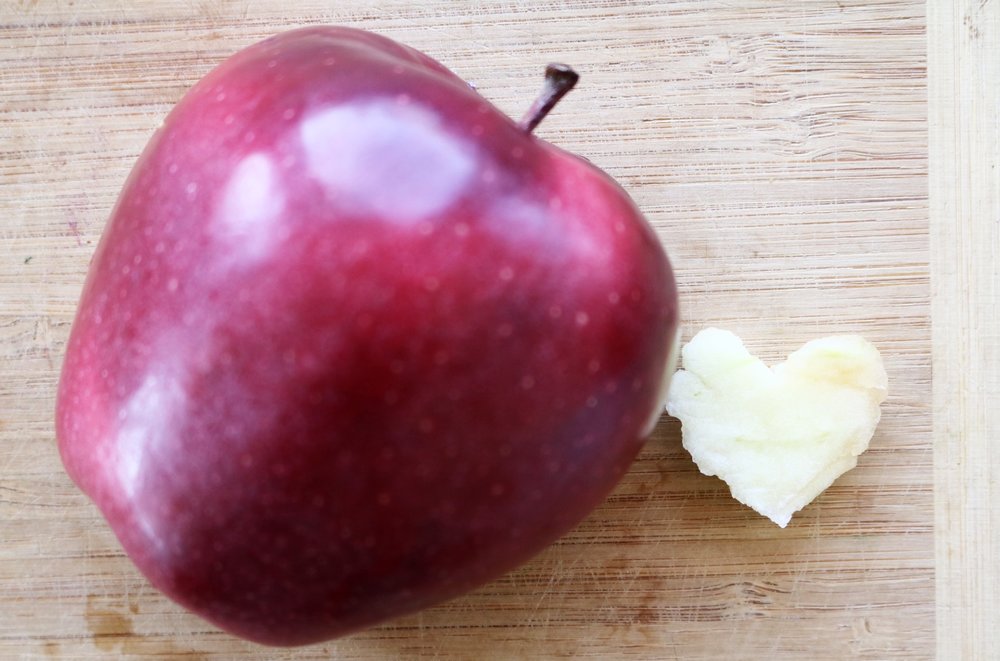Plant Based Banter.
With investigations of cruel conditions on factory farms making headlines, flooding Instagram, and a growing body of research on the benefits of plant foods, plant based lifestyles (Veganism) are looking good to many people. But, for most, it’s an unusual way of eating that sits well outside of mainstream habits. It’s no wonder that concerns and questions arise about about consuming a diet consisting of plant foods. Some of those concerns gain momentum and continue to provide a stronghold for fitness professionals, groups, and books that draw from a body of falsities that sound reasonable but are lacking in scientific credibility.
Ethics aside.. Let us discuss just being “plant based” for nutrition sake momentarily and shed the “V-word” until later.
Often, these falsities or myths about plant based diets grow out of a poor understanding of nutrition science, or they are simply based on outdated “bro” research. It’s true that there are some nutrients that deserve extra attention when consuming a plant based diet, but being plant based isn’t hard and it’s perfectly safe and extremely rewarding physically and mentally. The real science behind being plant based will set your mind at ease and open up a door to a multitude of possibilities..
I say this from experience. If you have followed my website for awhile, you will probably have already picked up on the fact that I was not raised plant based and in fact, quite the opposite. Growing up it was a glass of milk with every meal, eggs and bacon for breakfast, meat with every meal.. I literally want to gag looking back but I can’t blame my parents because in their minds they were feeding my sister and I wholesome, nutritious food. However, this was not even close to the case and with the nutritional research to back it.
Flash forward to now.. I eat more of a variety and my plant palate is amazing. The hardest part to my plant based life has been facing all the skepticism with a smile and sound knowledgable rebuttals to people who quite frankly don’t want to hear it.
Going plant based, people (including myself) sometimes experience cognitive dissonance because it challenges every aspect to their daily life. From products to food choices. It can seem quite overwhelming but it’s quite easy once you get the hang of it.
Cognitive Dissonance: the mental stress or discomfort experienced by an individual who holds two or more contradictory beliefs, ideas, or values at the same time, or is confronted by new information that conflicts with existing beliefs, ideas, or values.
Protein (to have its OWN post; but for now we will touch the surface)
Grains, legumes, nuts, seeds and vegetables all provide protein.
Myths about amino acid shortages and food combining were put to rest decades ago by experts and researchers in protein nutrition. Every plant food that provides protein—which includes all grains, legumes, nuts, seeds, and vegetables—contains all of the essential amino acids that are needed by humans. Individual plant foods have lower percentages of some of the amino acids relative to needs, but it doesn’t matter for those who eat a healthy, plant based diet.
For one thing, the body maintains its own temporary storage of amino acids. Amino acids from different foods work together throughout the day to produce the right amounts and ratios of these protein building blocks. Individuals do not need to be at all concerned about amino acid imbalances when the dietary amino acid supply is from the plant-food proteins that make up usual diets. As long as your diet is based on a variety of plant foods that includes a few servings of legumes (beans, peanuts or organic soy foods) every day, you’ll have no problem meeting protein needs without animal foods.
Vitamin A
Plant based diets should include daily sources of foods that are rich in vitamin A carotenoids such as carrots, butternut and acorn squash, kale, spinach, pumpkin, sweet potatoes, and cantaloupe. Three-quarters of a cup of cooked carrots or 2 ounces of carrot juice or a cup of cooked spinach will provide enough of the carotenoids to meet your vitamin A needs for the day. The vitamin A precursors require a little bit of fat (not much) for absorption, so top your veggies with some chopped nuts or sauté them in a bit of coconut oil. Or toss a few slices of avocado into a smoothie. Carotenoid absorption may be better from cooked vegetables than from raw ones, too.
Cholesterol
Plant foods don’t contain any, but that’s okay because cholesterol is NOT a nutrient. While it’s a vital component of every cell in the body, humans can synthesize all the cholesterol they need. The Institute of Medicine, the government organization that establishes nutrient recommendations (and is certainly not a pro plant based organization) says this about why they didn’t specify a dietary recommendation for cholesterol: “Given the capability of all tissues to synthesize sufficient amounts of cholesterol for their metabolic and structural needs, there is no evidence for a biologic requirement for dietary cholesterol.”
Not surprisingly, we tend to have much lower blood cholesterol levels than those who eat meat. Even more so, we are less likely to have diabetes than either meat-eaters and we are shown to have more effective measures in improving overall health.
Vitamin D
One common misconception is that vitamin D occurs naturally in milk, cheese, and butter. IT DOES NOT! I want to shout this from the rooftops. It doesn’t. These foods have vitamin D only if they are fortified with it. While some eggs and fatty fish have vitamin D, nearly all of the vitamin D in American omnivore diets comes from fortified foods.
Vitamin B12
All plant based consumers need to supplement their diet with vitamin B12. And guess what? So do many people that consume the SAD (Standard American Diet). B12 experts advise all people over the age of 50 to get vitamin B12 through supplements or fortified foods. This is because aging can make it harder to absorb B12 from the animal foods in which it occurs naturally. But the B12 in supplements and fortified foods is in a form that is more easily absorbed. It’s believed that many of the issues associated with agin, such as hearing and memory, are due to suboptimal B12.
Plant foods are so rich in iron that individuals consuming a plant based diets often have much higher iron intakes than the average meat-eater.
A well-balanced plant based diet can provide all nutrients required for human health. But that doesn’t mean that all individuals that are plant based, are healthy. Like anyone eating any type of diet, we can make poor food choices too that lead to illness. And it’s not just “junk food” eaters who get sick, either. Diets based on all raw foods or only very-low-fat foods can sometimes influence a pattern that is too restrictive and that sometimes makes it difficult to meet nutrient needs. Although some people may be tempted to blame it on the plants and resort to meat in their diet when this happens, a better choice is to simply give your dietary intake a protein and fat boost. Make sure that all your nutrient and caloric needs are being met or else you will be miserable.
Nobody knows the one-and-only healthy way to eat — if there even is any such thing. There are probably a number of different dietary patterns that can support optimal health, but research findings definitely suggest advantages for plant based consumers.
